Skip to content
In today’s rapidly developing technological era, industrial robots are becoming the backbone of the smart manufacturing field with their outstanding performance and efficient working capabilities.
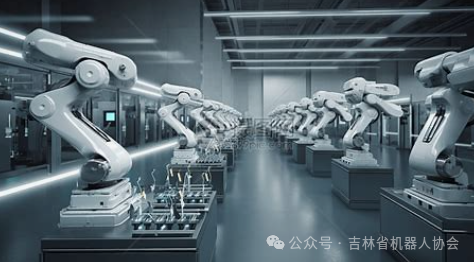
The emergence of industrial robots has completely transformed the production model of traditional manufacturing. They showcase their skills on factory production lines with precise movements, tireless work attitudes, and extremely high production efficiency. Whether in automotive manufacturing, electronic product assembly, or heavy machinery processing, industrial robots can easily handle various complex production tasks.
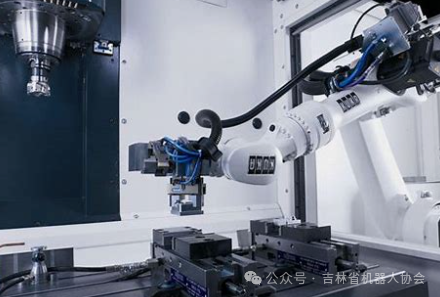
Firstly, industrial robots possess a high degree of precision. In production processes that require extremely high accuracy, such as soldering electronic chips and manufacturing precision instruments, industrial robots can operate with precision down to millimeters or even micrometers, ensuring stable and reliable product quality. In contrast, manual operations struggle to achieve such high precision and are easily affected by fatigue, emotions, and other factors, leading to fluctuations in product quality.
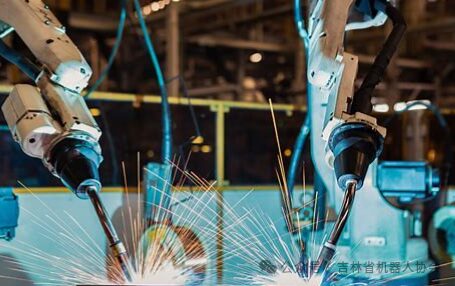
Secondly, the working efficiency of industrial robots is astonishing. They can work continuously for hours or even days without rest or pause. This is undoubtedly a huge advantage for enterprises engaged in large-scale production. Industrial robots can quickly complete repetitive tasks, significantly shortening production cycles and enhancing the market competitiveness of enterprises.
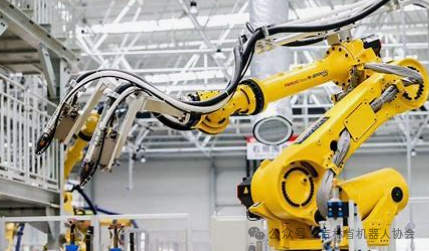
Moreover, industrial robots also exhibit strong adaptability. They can be programmed and adjusted according to different production needs, easily adapting to the production of various products. Whether it is small-batch, multi-variety customized production or large-scale standardized production, industrial robots can flexibly respond. Additionally, with the continuous development of artificial intelligence and machine learning technologies, the intelligence level of industrial robots is increasing, enabling them to autonomously learn and optimize production processes, further improving production efficiency and quality.
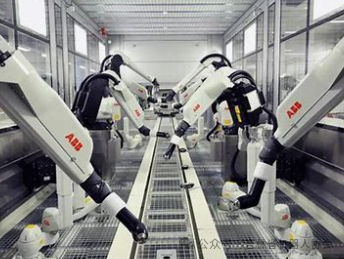
For enterprises, reasonable planning of production processes and optimizing the use of robots can reduce costs and increase efficiency. At the same time, companies should also strengthen employee training to enhance their skill levels, enabling them to work collaboratively with industrial robots to create greater value. For society, the government can introduce relevant policies to encourage enterprises to develop smart manufacturing while increasing re-employment training and social security for unemployed individuals to ensure social stability and harmony.
In summary, industrial robots, as the core force of smart manufacturing, are leading profound changes in the manufacturing industry. We have reason to believe that in the future, industrial robots will continue to leverage their enormous advantages to contribute even more to economic development and social progress.
END












